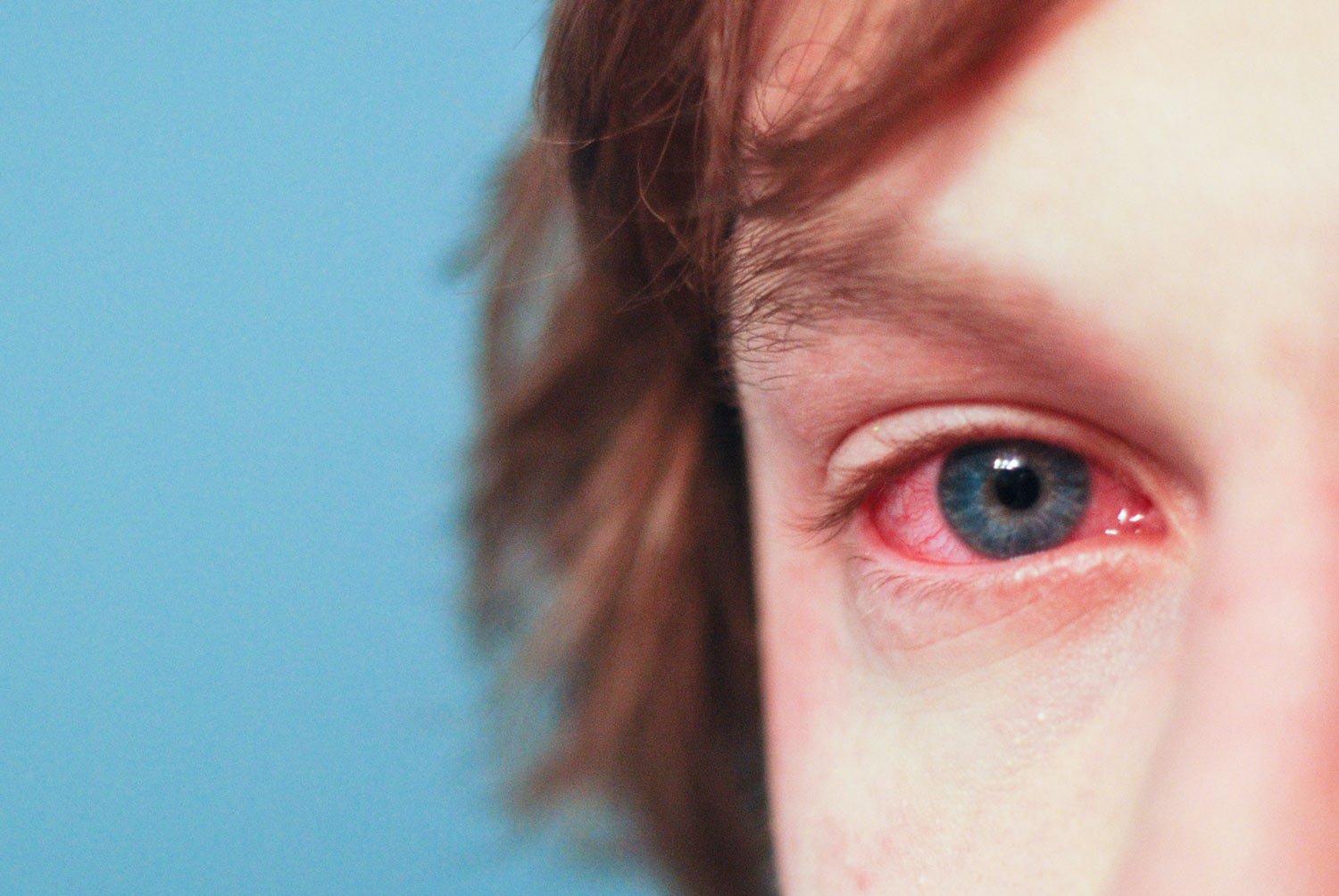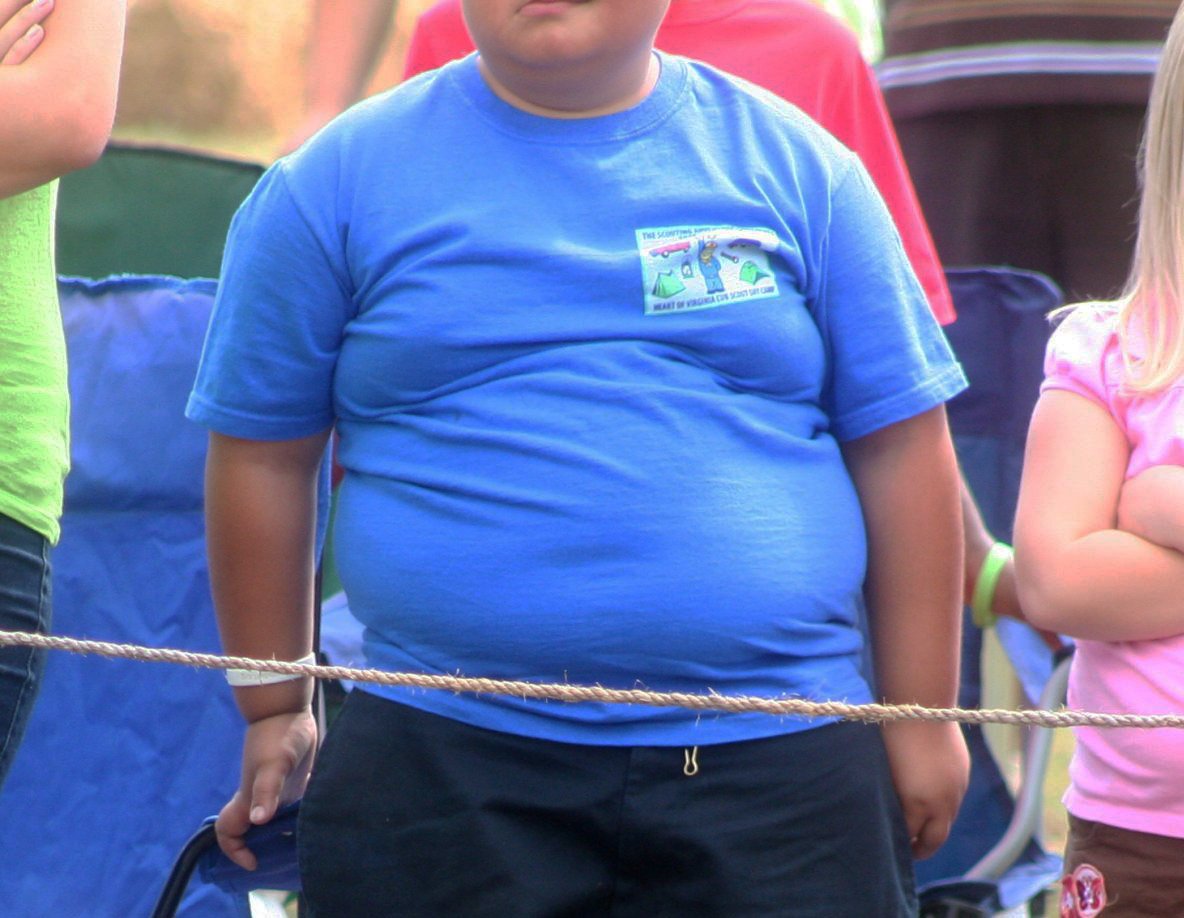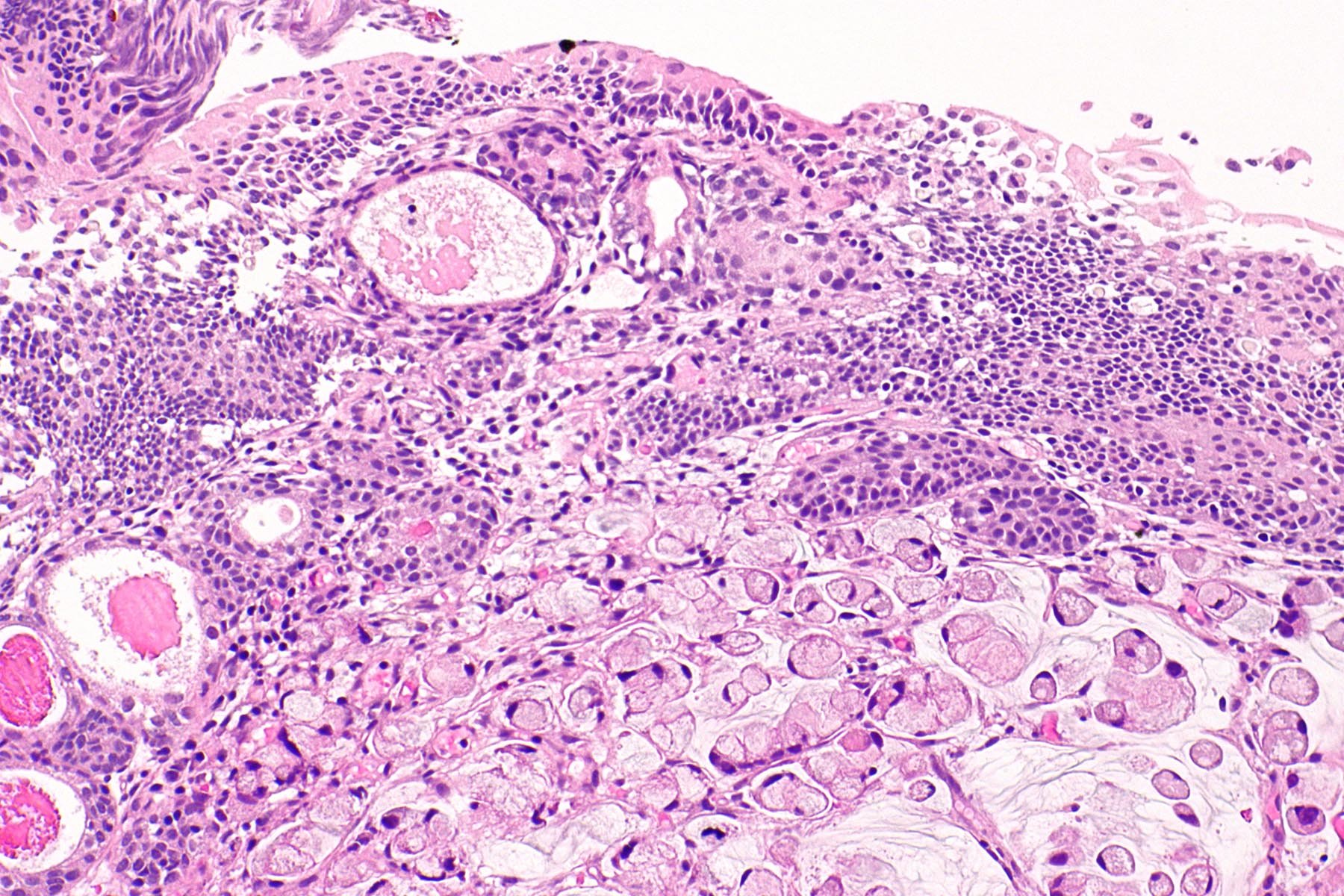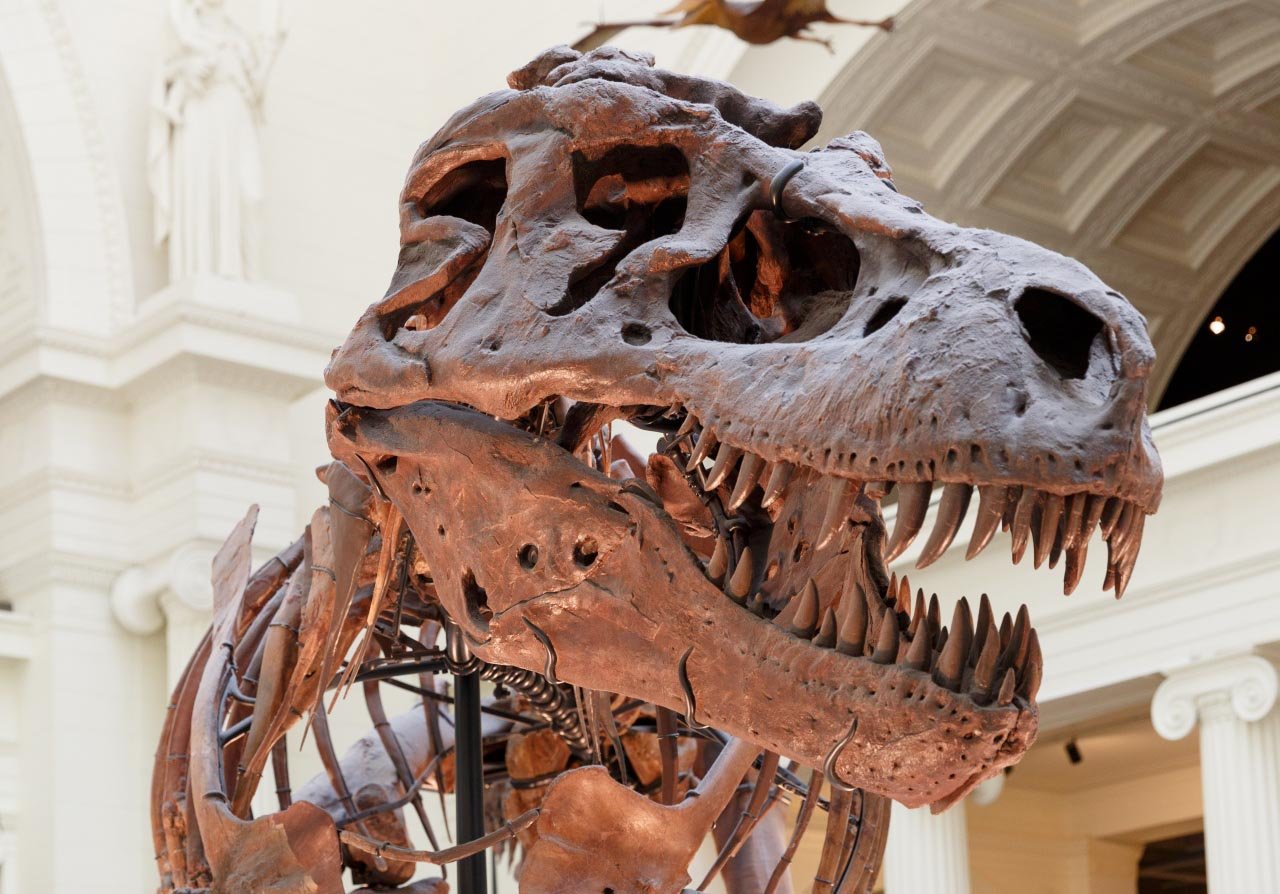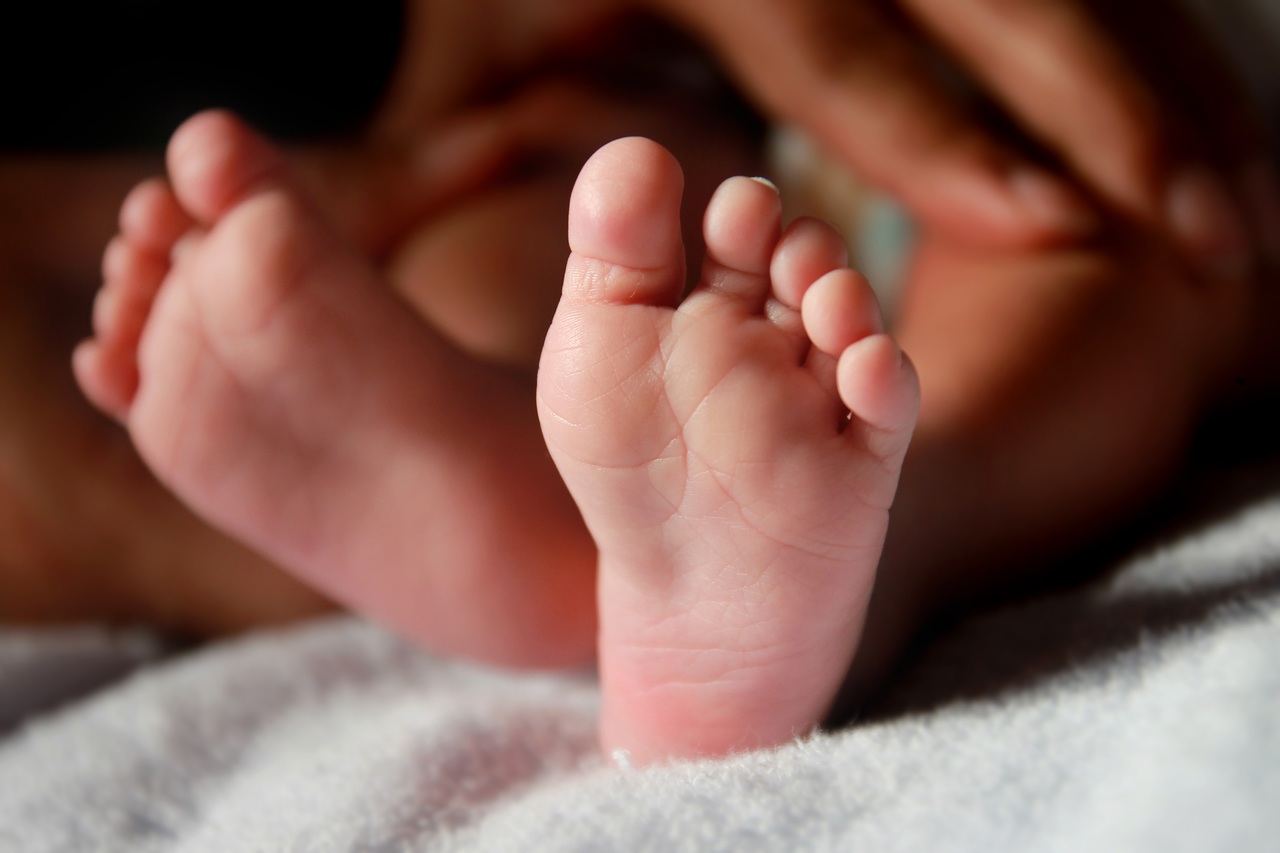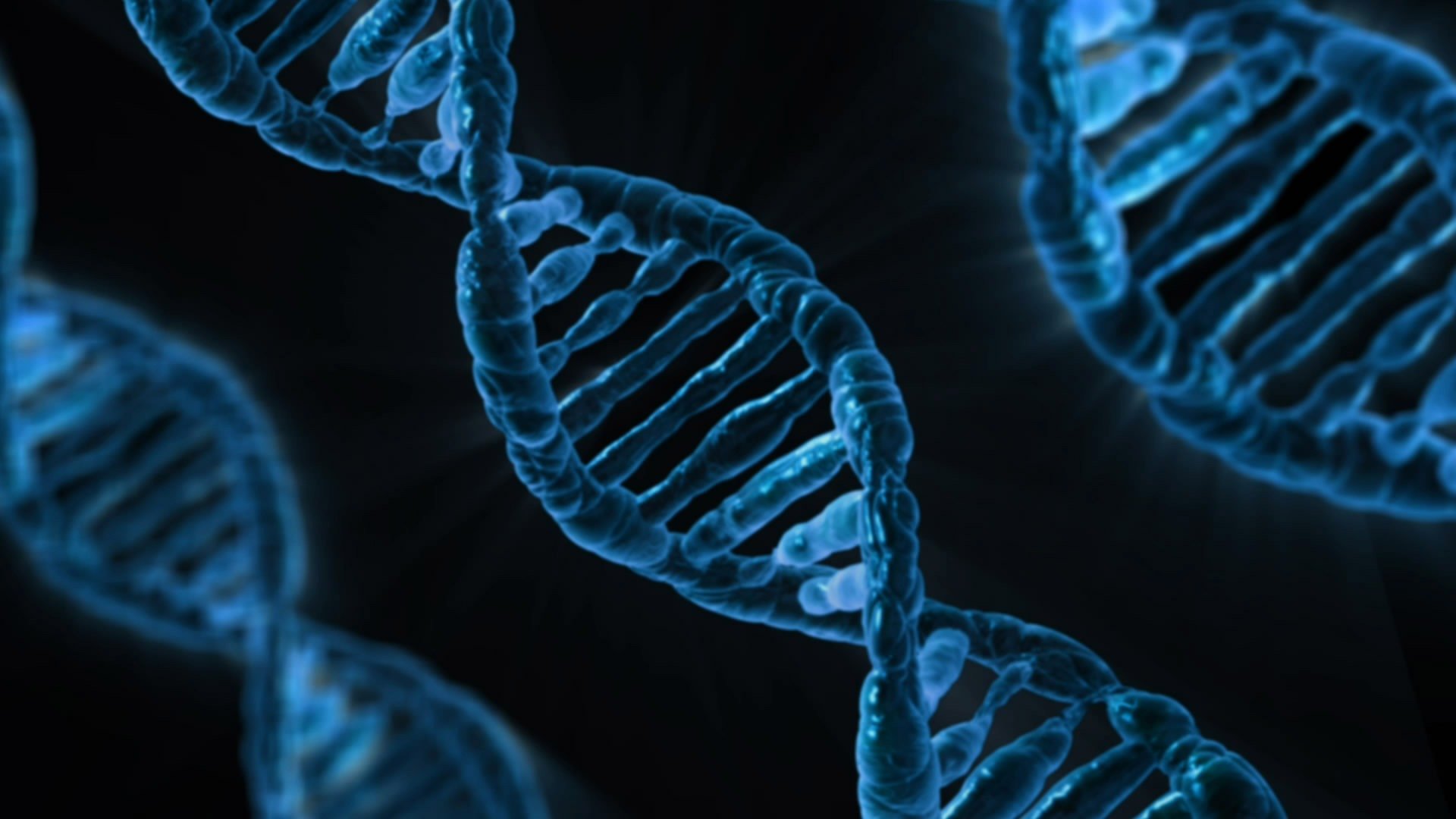Could hacking the immune system cure allergies?
Scientists are redesigning natural allergens to help the immune system defend against them, in a move that could eliminate the side effects and lifelong medication of treating allergies – the most common chronic condition in Europe. More than 150 million Europeans suffer from allergies and this number is on the rise due to triggers such … Read more

